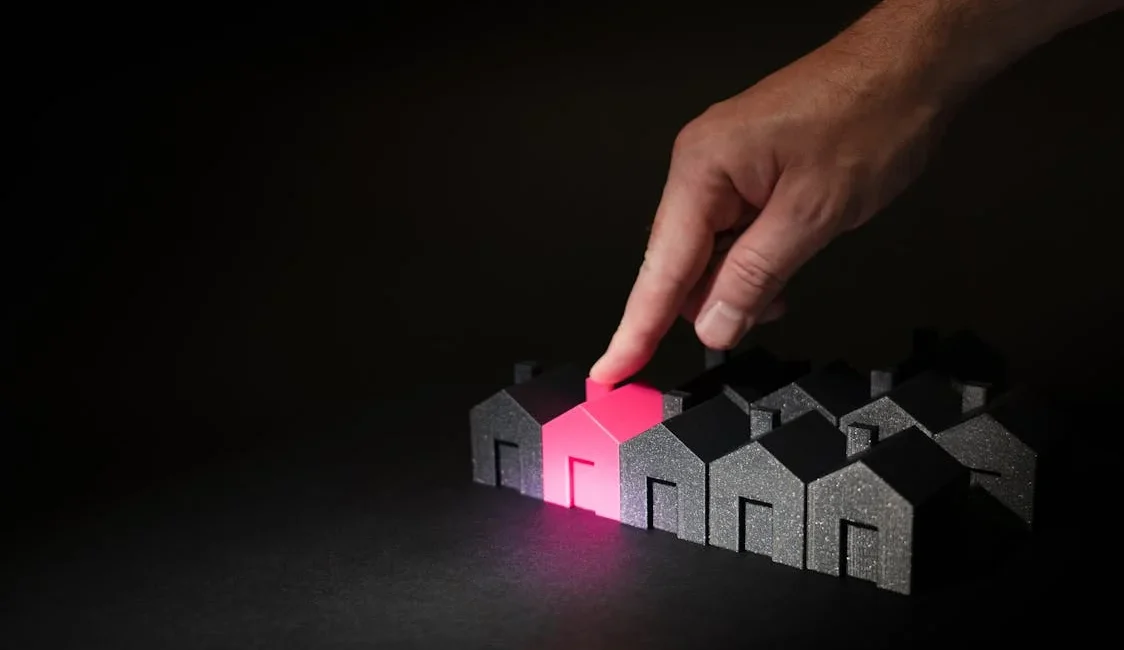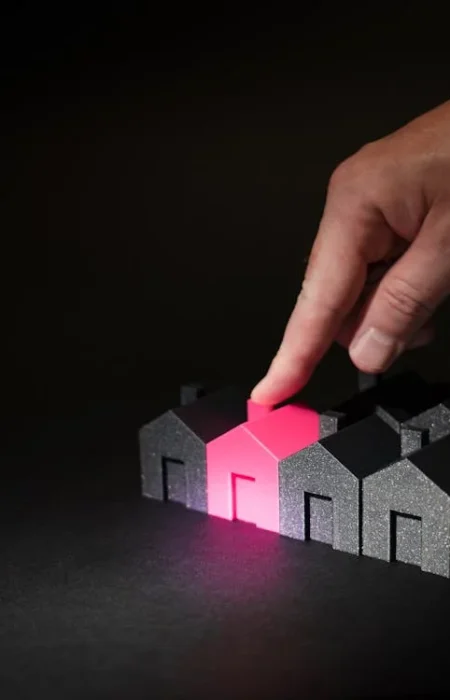When it comes to finding a home, one of the biggest decisions you’ll face is whether to build or rent. Both options come with their own set of advantages and challenges. So how do you decide which path to take? Let’s explore the pros and cons of each and offer some guidance to help you make the best choice.
The Case for Building Your Own Home
Pros:
- Customization: Building allows you to create a home that fits your specific needs and preferences. Every detail, from the layout to the finishes, is up to you.
- Long-term Investment: Owning property can be a strong investment. Over time, homes generally appreciate in value, allowing you to build equity.
- No Rental Restrictions: When you own your home, you have the freedom to modify, decorate, or even expand without a landlord’s approval.
- Energy Efficiency: New homes are often built with the latest energy-efficient materials, saving you money on utility bills.
Cons:
- Upfront Costs: Building a home involves high initial expenses, including the cost of land, materials, and labor. Additionally, securing a mortgage may require a large down payment.
- Time-Consuming: From finding land to getting permits and completing construction, the building process can take several months or even years.
- Unexpected Costs: During construction, unexpected expenses often arise, potentially pushing you over budget.
The Case for Renting
Pros:
- Flexibility: Renting offers mobility. If you need to move for a job or personal reasons, you aren’t tied down by property ownership.
- Lower Upfront Costs: Renting usually requires a security deposit and the first month’s rent, which is much more affordable than a down payment for a home.
- Less Responsibility: With renting, maintenance issues (like plumbing or repairs) are typically the landlord’s responsibility, freeing you from these costs and hassles.
- Short-term Commitment: Renting is ideal if you’re not sure about long-term living plans, or if you want to try different areas before settling down.
Cons:
- No Equity: Rent payments don’t build any equity. Unlike homeownership, you won’t see a financial return from rent.
- Limited Control: Renters face restrictions on renovations, decor, and even pets. Your space is ultimately controlled by the landlord.
- Rising Costs: Rent prices can increase annually, making it harder to budget for the future compared to a fixed mortgage payment.
Factors to Consider
- Finances: Do you have enough savings to cover the upfront costs of building or buying a home? Assess your financial health, including your income stability, credit score, and long-term financial goals.
- Lifestyle: Are you looking for stability, or do you prefer flexibility? If you envision staying in one location for many years, building might make more sense. However, if you anticipate moving or want the freedom to explore different areas, renting could be a better fit.
- Market Conditions: In some areas, renting is more affordable due to high property values, while in others, buying can be more cost-effective over the long run. Research the real estate market in your desired location before making a decision.
- Personal Goals: Consider your long-term objectives. If owning property and having a place to call your own is important to you, building may align with your goals. But if travel, career flexibility, or lifestyle variety are priorities, renting may suit your ambitions better.
The Best of Both Worlds: Renting-to-Own
If you’re unsure about committing to building or renting, a rent-to-own arrangement might offer a middle ground. In this scenario, you rent a property with the option to purchase it after a set period. This allows you to experience living in the home and build equity without the full upfront costs of buying.
Our Recommendation
Deciding whether to build or rent ultimately depends on your financial situation, lifestyle, and long-term goals. If you have the resources and plan to stay put for the long term, building a home offers customization, equity, and stability. However, if flexibility, lower upfront costs, and mobility are what you value, renting may be the smarter choice. Whichever route you choose, be sure to weigh the pros and cons carefully, and consider your future aspirations before making the leap.
In the end, both options come with their perks and challenges. The key is to make a decision that aligns with your financial capacity, lifestyle, and long-term vision. Whatever you decide, a home should support your happiness and success—whether it’s built from the ground up or rented for a season.








